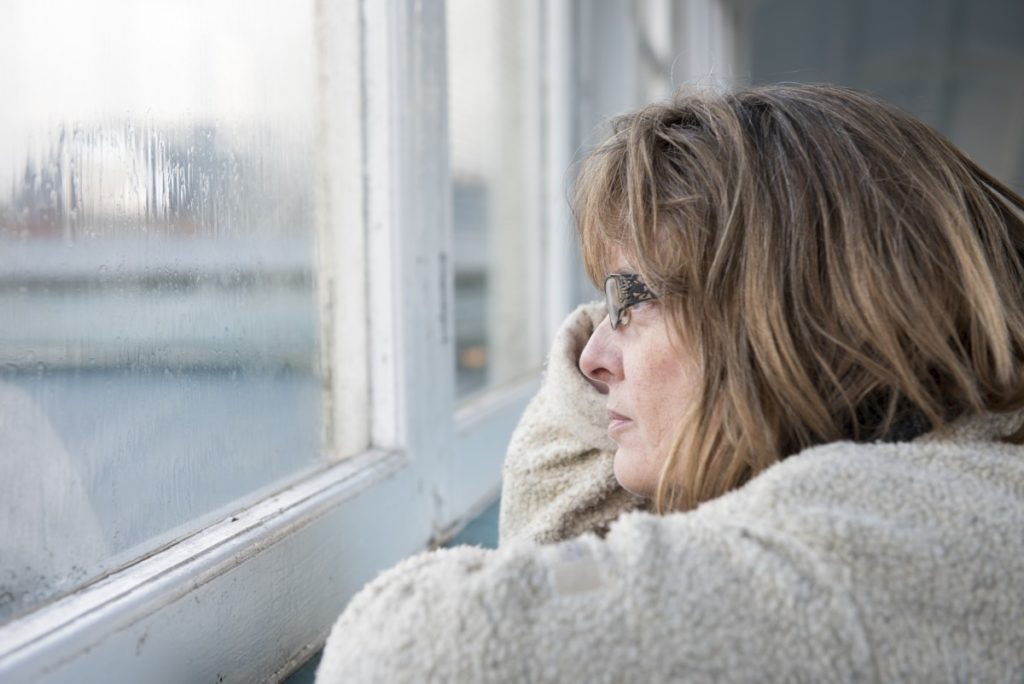Lorelie Rozzano is a guest blogger for Vertava Health.
Grieving The Loss of a Child Who Still Lives – Addiction in the Family.
The irony of life is that we are born to die. Death is coming for all of us. None of us are getting out of here, alive. But for some of us, death is coming a lot faster than it should be. When your loved one is addicted to drugs, your greatest fear is they will die from an overdose. And unfortunately, many do. No parent wants to outlive their child. Nor should they have to contemplate a funeral service… for their living child. But that’s what many do. One woman even took it a step farther. Please have empathy as your read this and understand this woman was in great pain. She’d been hurt (stolen from and lied to, etc.) by her adult son. She was raising his children and witnessed more than just his decline, but also the impact his choices were having on his young children. The man’s children were hurting and confused. Like many children of addicted parents, they didn’t understand why Daddy would rather spend time getting high, than being with them. The woman was clearly grieving as she put words to her thoughts, in the family group she attended. She declared, “Sometimes I wish he would die! Just get it over with for God’s sake! It’s going to happen anyway.” She stopped for a moment as if amazed by what she’d just spoken out loud and then continued in a softer tone. “At least,” she dabbed at her eyes saddened, instead of angry, “me and the kids could finally heal and we’d know where to visit him.” The tough truth is, there are no easy solutions when it comes to addiction in the family. When you love someone struggling with this illness, the choices you’re forced to make can leave you feeling like you want to crawl into a deep hole with them and die. Some families are forced to make heart breaking decisions like calling the police and reporting their loved ones simply to keep themselves safe. They may also have to call child protective services to keep their grandchildren safe. Families are put through the wringer. They’re the ones feeling and experiencing, the horrendous impact of their loved ones addiction. When our children are little we want to protect them from the boogie man and scary monsters. But what happens when your adult child turns into the kind of monster, you wanted to protect them from in the first place? Being in an addicted relationship is like being caught in a trap. It hurts. It can feel like you have to bite off your leg, to free yourself. And even then, when you’ve made the best decision you could, your mind tells you, you didn’t do enough to help. Not only that, but when you do the right thing, the safe thing, the best thing, and the most loving thing for your addicted loved one and for you, chances are … they’ll hate you for it. It can seem like there’s no winning when it comes to loving an addict. Unfortunately, not every addict recovers. Nor does every family that’s been impacted, break the chains of their unhealthy behaviour patterns. But some do… And it isn’t rocket science either. Just plain math. Hard work, a willingness to change and professional help, equal a successful outcome. It’s natural to want to try and help your addicted loved one. However, one on one, is not a good idea. The fallout is that their disease, can becomes yours. The relationship becomes one of give (enabler gives) and take (the addict takes.) To find balance both parties revert to using justifications, excuse, blame, false promises and denial. When this happens we have a bigger problem than we started with. Now we don’t just have one sick person, we have two. It’s important to note that addicts behave the unhealthiest in their family systems. For the most part, they don’t act as badly with other people because they know they can’t get away with it. If you’ve caught yourself thinking about what you’d say at your addicted loved one’s funeral, don’t beat yourself up. You’re not alone. It’s natural to want healing and closure. Although it might not feel like it right now, there is good news and nobody has to die to get it. It’s easy to wait for someone else to change. But if your life is unmanageable and you feel resentful, anxious, tired and miserable, then your addicted loved one isn’t the only one who needs help. Addiction is a family disease. For many this is a difficult concept to grasp. It can appear as if the addicted person is the sick one. The family focuses on trying to control this one individual. At this point the family takes a giant step out of reality. Too often generations of families grow up in chaos and drama only to view the addicted person, as sick. But there is no one, sick individual, when it comes to addiction. In order to recover as a family unit everyone needs help. Instead of waiting for the addicted person to seek help, get up now, reach for the phone, and change your future. If you or someone you know needs help, please call this confidential support line for assistance. 844-470-0410.


